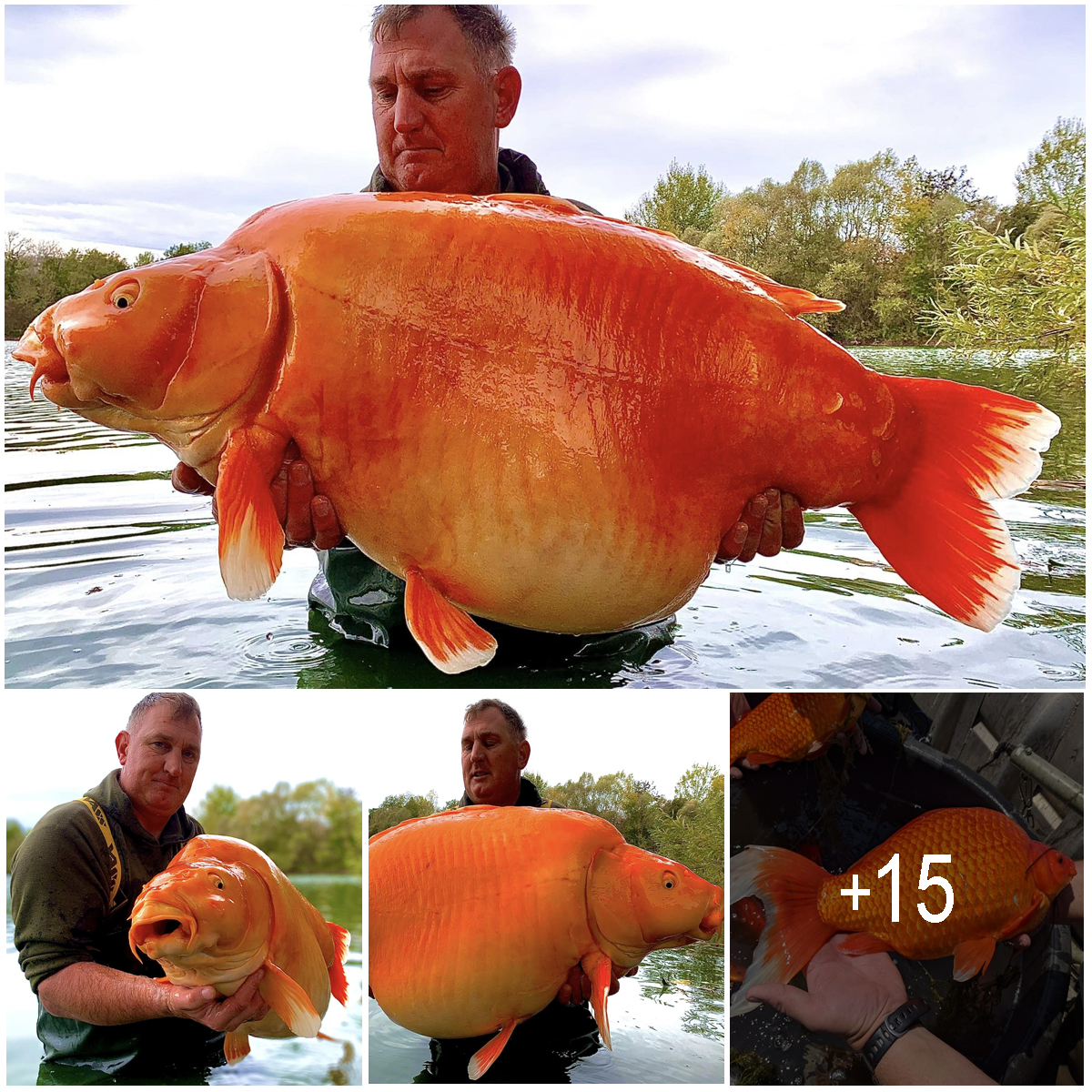Just like people, horses have likes and dislikes. Though each horse varies, we are sharing eight things that almost all horses simply don’t like.
From boredom to loud, unexpected noises, there are some things that in general horses don’t enjoy. It is important to understand what things horses dislike to keep them happy and grow as a team. Horses take a lot of hard work, but they are most definitely worth it.
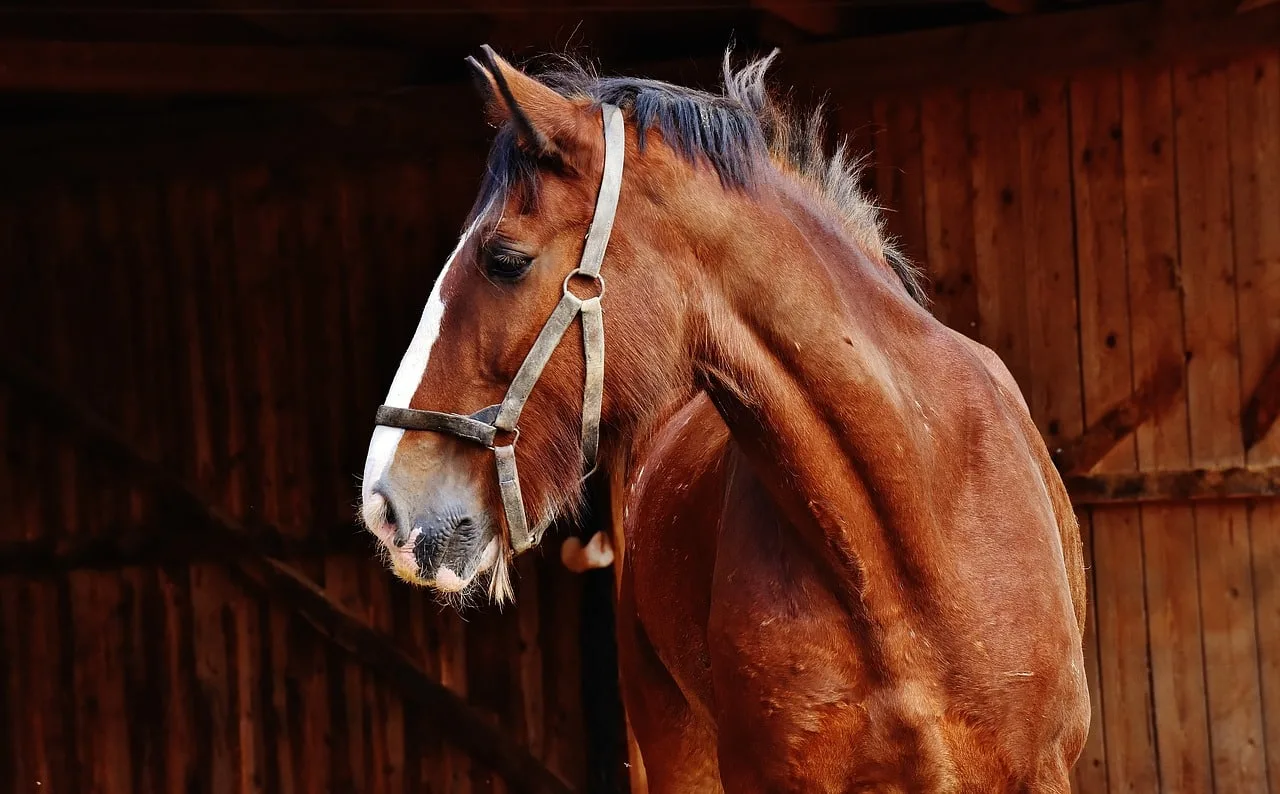
Here are 8 things horses dislike:
Horses Need an Enriched Enviroment
Just like people, horses can get bored too. Most commonly horses become bored if they spend too much time in their stalls.
Boredom can lead to vices such as cribbing and pacing. Some horses may even become grumpy and irritable if they are bored. Regular turnout and exercise not only keep horses happy and healthy but can prevent them from becoming bored. Stall toys are another great way to stop boredom for finicky horses.
Read our best boredom toys for horses guide for more information.
When riding, try to change up your routine so your horse doesn’t get tired of the same thing. If you do the same thing every time, your horse may anticipate or act out as they are not being challenged enough. Try changing up your riding routine, riding in a new environment, or teach them new tricks.
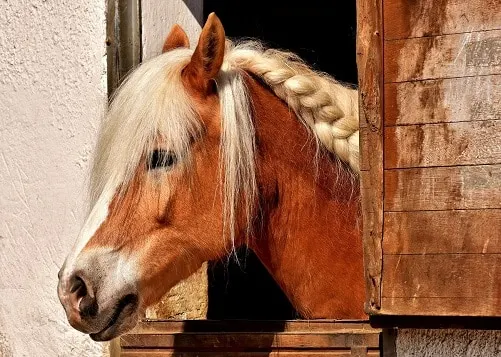
Training a Horse Too Often Can Annoy a Horse
Though training is an important part of horse ownership, overtraining can lead to an upset horse. A regular training schedule is good, but pushing your horse’s boundaries only leads to problems.
Overtraining can take a physical and mental toll on horses. Vigorously working horses every day can wear out their joints and ligaments, which can lead to injury.
On the mental side, your horse can become stressed and start to negatively associate you with training time. They can even act out as they may no longer enjoy the work.
No matter what discipline you ride, horses need regular breaks from training to help keep them fresh. Though many horses enjoy working and benefit from the exercise, they still need days off. Changing up their workouts and designating days off will keep your horse happy.
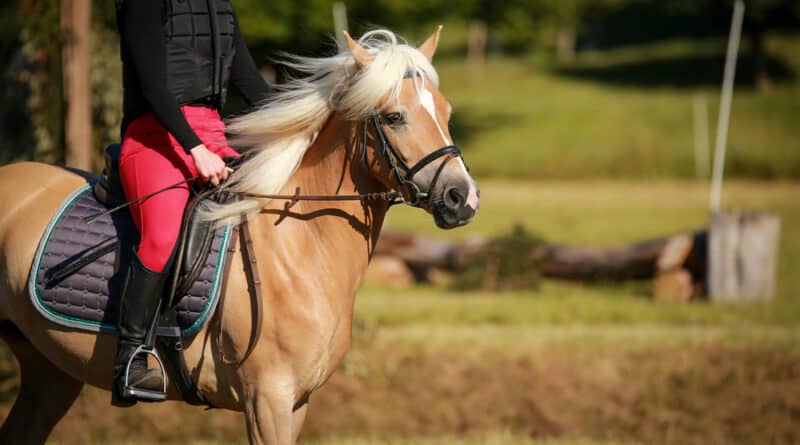
Loud, Sudden Noises Frighten Horses
Loud, sudden noises can be frightening to horses as they may be a sign of potential danger. Horses may spook at loud sounds if they don’t know what is causing them.
Anything from the sound of fireworks going off to a bag of chips opening can scare a horse. It is their natural reaction to be uncertain of loud objects they perceive as a potential threat. If they don’t know what made the sound, they likely will be weary and may even bolt to try to get away from the noise.
Though horses may hate loud, unexpected noises, you can work with them to get past their fear. In a controlled environment, you can desensitize your horse from loud sounds. Gradually introduce the sound to your horse until it no longer phases them.
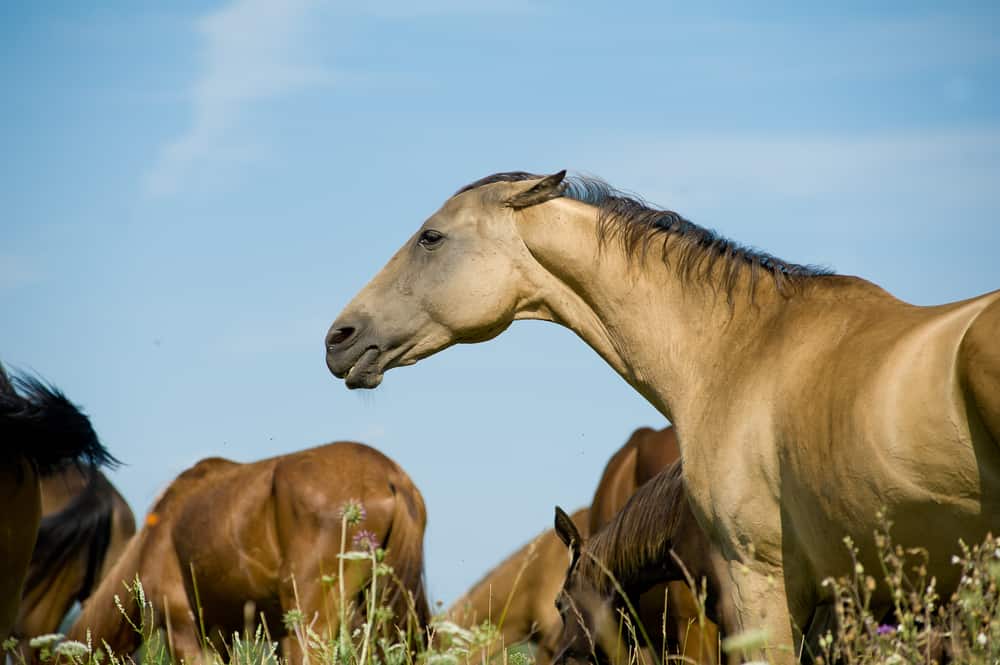
Unexpected, Fast Movements Will Spook a Horse
As prey animals, horses see unexpected fast movements as a sign of danger and potential aggression. It is their instinct to flee when something suddenly moves quickly at them, as it could be a predator attacking.
One of the first rules any barn will tell you is to not run in the barn aisle. Horses can easily spook if someone suddenly runs, as the sudden movement can cause them to panic. Be sure to understand that fast movements can come off as a threat to horses and always approach them carefully with caution.
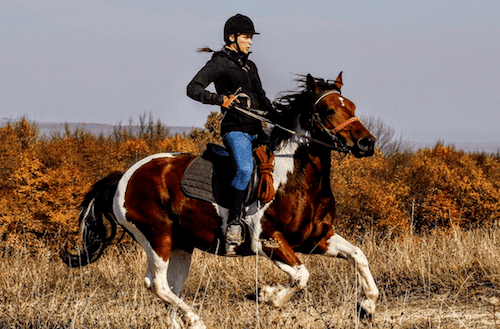
Ill-Fitting Tack Can Irritate a Horse
Many people don’t realize how important it is to have properly fitting tack for your horse. Each horse is built differently, so your tack will fit differently depending on the horse.
Tack that is too big or too small can cause discomfort, irritation, soreness and rubs. Horses may even develop behavioral problems or lameness from tack that does not fit correctly. Both bridles and saddles that don’t fit right can cause problems and lead your horse to be unhappy.
Make sure that all your tack is in good condition and regularly cleaned. Saddle pads should be regularly washed as built-up dirt, sweat and hair can be irritating.
Consult your trainer or a professional saddle fitter to make sure all your tack is properly fitted to your horse. Your horse will appreciate you taking the extra measure to make sure your tack comfortably fits them.
Poor Fitting Horseshoes Can Hurt a Horse’s Hooves
Many horses wear shoes, with the types of horseshoes varying based on discipline and individual need. Though shoes can be beneficial for horses, ones that fit poorly often do more harm than good.
A shoe that has not been correctly applied can cause damage and even pain to the hoof. Shoes that are too small or not properly set can cause a load of problems. Between the fact that horses are active and sleep most of the time standing up, they need strong, healthy hooves.
Be sure to use a properly trained farrier that knows what they are doing and let them know of any hoof problems your horse has. A good farrier will know correct hoof angles, how to properly fit and set a shoe, and what shoes are right for your horse’s needs.
The farrier should be able to correctly trim and shoe your horse to meet their needs. Many horses can also do just fine without shoes as well.
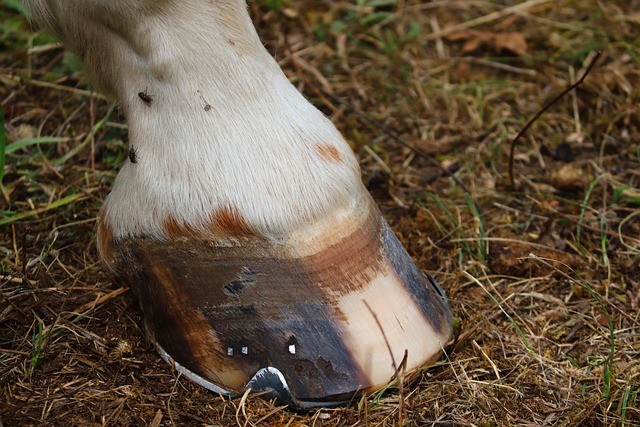
Riding a Horse Poorly
Having good horsemanship is key to a happy horse. Horses don’t like riders that are sloppy and uncoordinated.
Riders that are unbalanced and constantly pulling hard on the reins are annoying to horses. Someone who is inexperienced or just has poor horsemanship can be frustrating for many horses, as it can be uncomfortable to them.
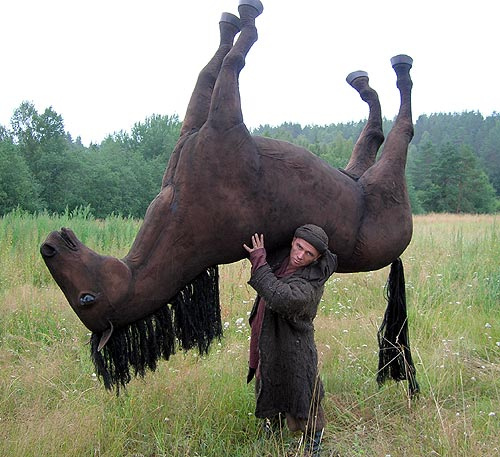
To keep your horse happy, ride with a proper, balanced position, and avoid riding with heavy hands.
Mis-reading a Horse’s Body Language
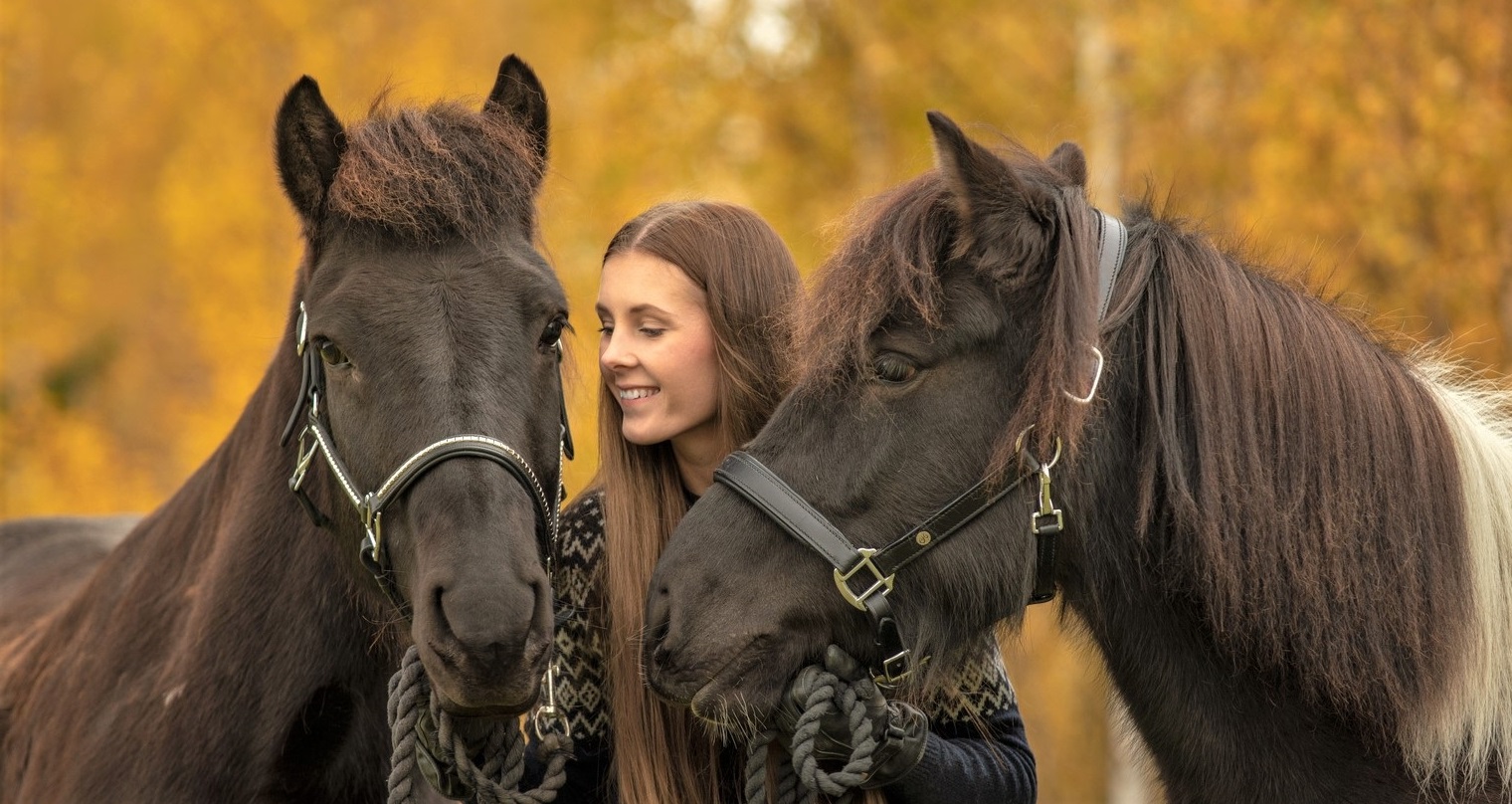
Horses don’t like it when people don’t understand their body language. Since horses can’t talk to us, they communicate using their body language.
Equines portray their emotions using their ears, legs, eyes, body, tail and mouth. By learning horse body language, you can decipher what your horse is telling you. They may use their body language to say they are nervous, angry or excited.
If you don’t understand your equine partner’s body language, you may be putting yourself at risk. If your horse is upset and trying to communicate, they aren’t happy with what you are doing, you may wound up getting kicked. Your horse could be nervous without you knowing and take off, leading you to falling off.
Your horse will be much happier with you if you learn what their body language means. You should be able to read their body language from both on the ground and in the saddle. Not only is this helpful, but it will also strengthen your relationship.





